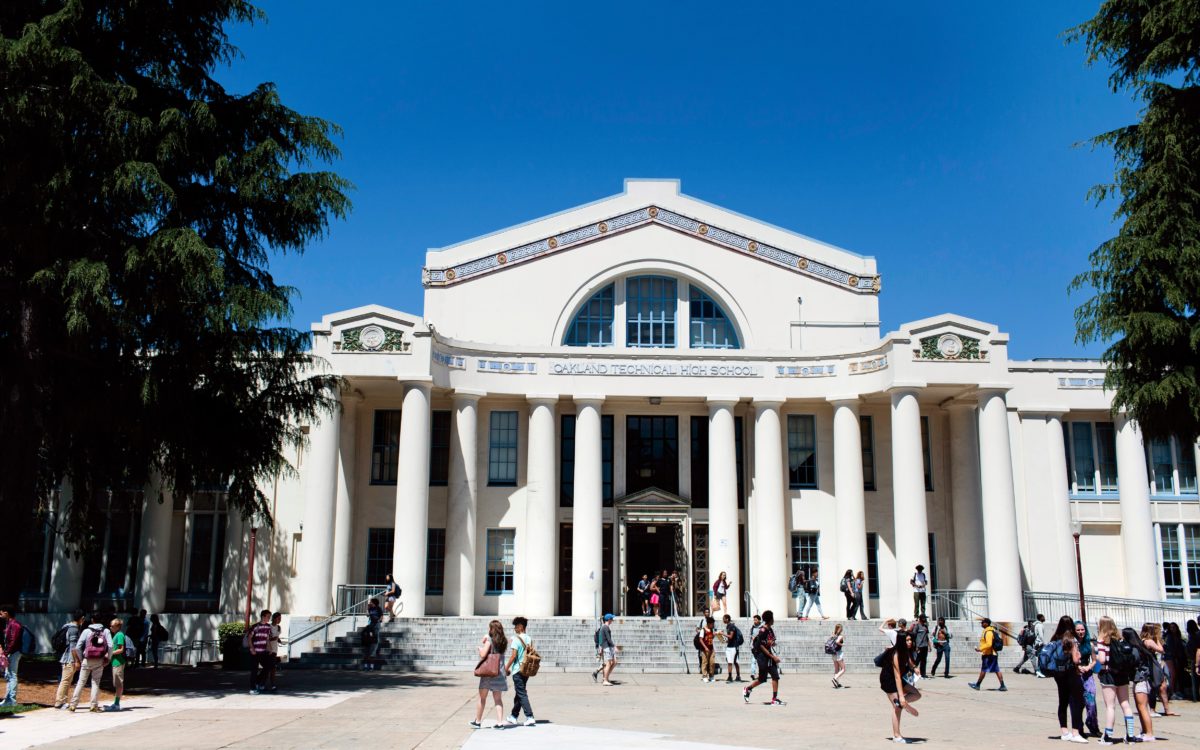After a year marked by anxiety and isolation for many young people, Gov. Gavin Newsom proposed a windfall for youth mental health services in California on Friday.
In his updates to his proposed 2021-22 budget, Newsom increased funding for school and community counseling programs that will make therapy and other mental health services available to every Californian under age 26, he said.
“The (budget revision) proposes a statewide and comprehensive transformation of the behavioral health system for all Californians age 25 and younger — changing the life trajectory of children so that they can grow up to be healthier, both physically and mentally,” according to Newsom’s budget summary.
Among other things, the funding includes $1 billion for a Children and Youth Behavioral Health Initiative that would help schools pair with community health organizations to provide mental health services. The aim is to offer one-on-one counseling, group counseling and other services to students through the Medi-Cal system. The goal of the initiative, which some districts have already started, is to streamline mental health services and simplify the funding.
The initiative would also train more mental health workers, create an online portal for young people to find help, and expand telehealth — counseling sessions conducted over video.
In Newsom’s original budget proposal released in January, funding for the initiative was set at $400 million.
Alex Briscoe, principal of California Children’s Trust, which advocates for the physical and emotional health of children in California, said that if it’s invested well — with a strong focus on equity — the money could help bridge the gap between education, health and social justice.
“To realize the promise of this unprecedented investment, we must both acknowledge the impact of racism and poverty on the social and emotional health of children, and center our schools as essential places of healing,” Briscoe said. “We can’t do this hard work without new investment and this unprecedented commitment is both welcome and timely.”
Amy Cranston, executive director of the Social Emotional Learning Alliance, said the initiative should be considered as part of broader state efforts to improve lives of children and families in California. Although they’re necessary, mental health programs alone aren’t going to solve complex challenges.
“We need to look at the bigger picture and take better care of families and communities, especially those that have been disproportionately impacted by the pandemic,” she said.
Newsom also proposed $30 million for the Mental Health Student Services Act, a grant program for school districts, charter schools, county offices of education and other education agencies to pair up with county behavioral health departments to expand mental health services to students.
The budget proposal also includes funding for youth mental health services in other areas, including a $3 billion initiative to fund community schools. Community schools are campuses that, in addition to academics, provide social services and physical and mental health services to students and their families. The services are typically provided by other agencies.
An additional $1.1 billion grant program would help schools hire more staff, including counselors, nurses, psychologists, social workers and other staff who work directly with students to address their mental health needs.
“Children learn and thrive when they feel that they have many adults who care about them, when they are secure, and when their basic needs are met consistently and in a regular, structured manner,” according to the budget summary.
